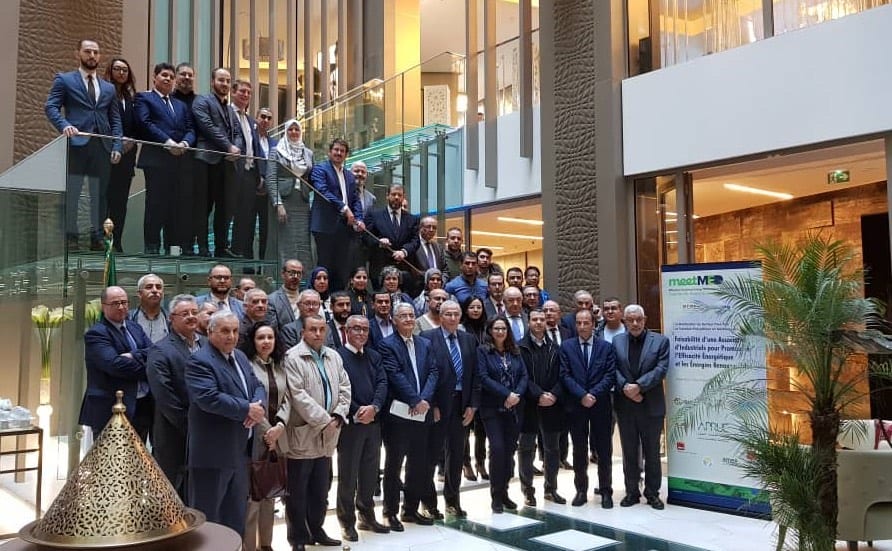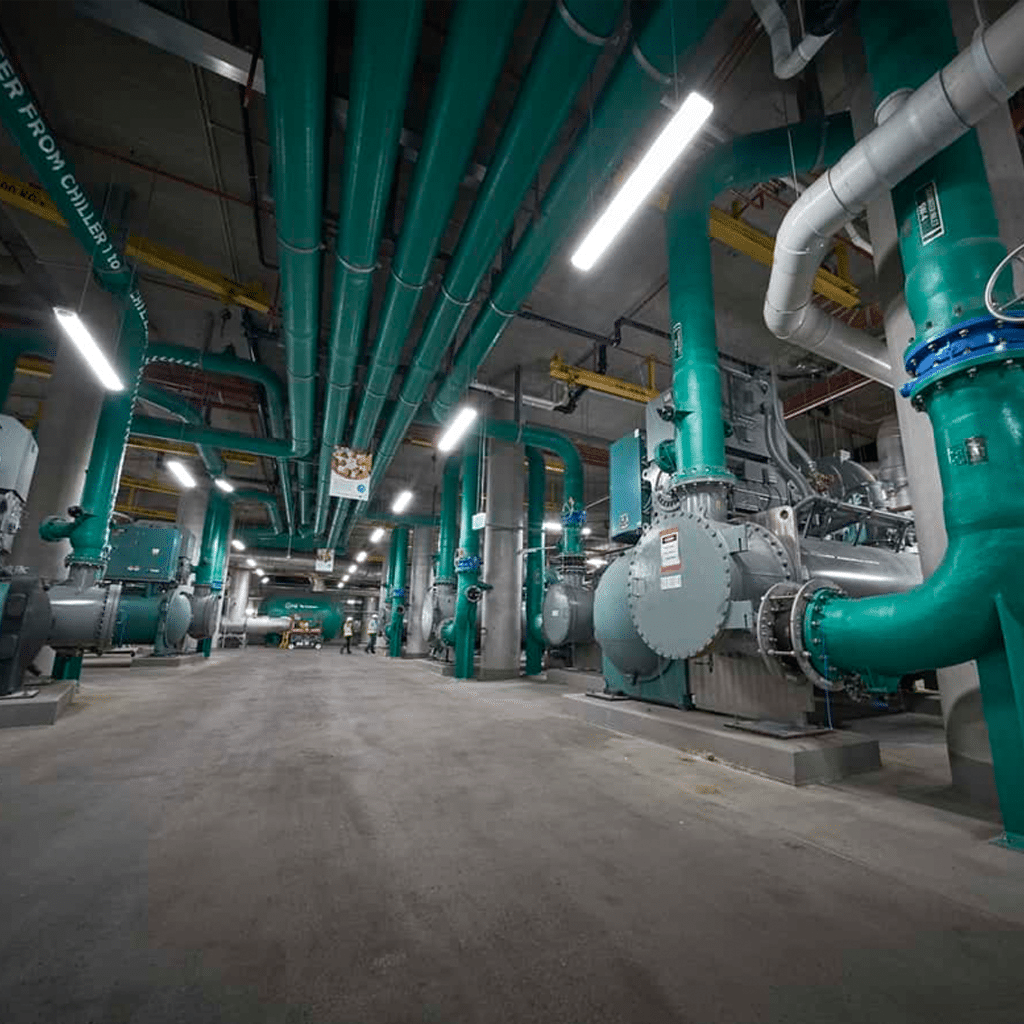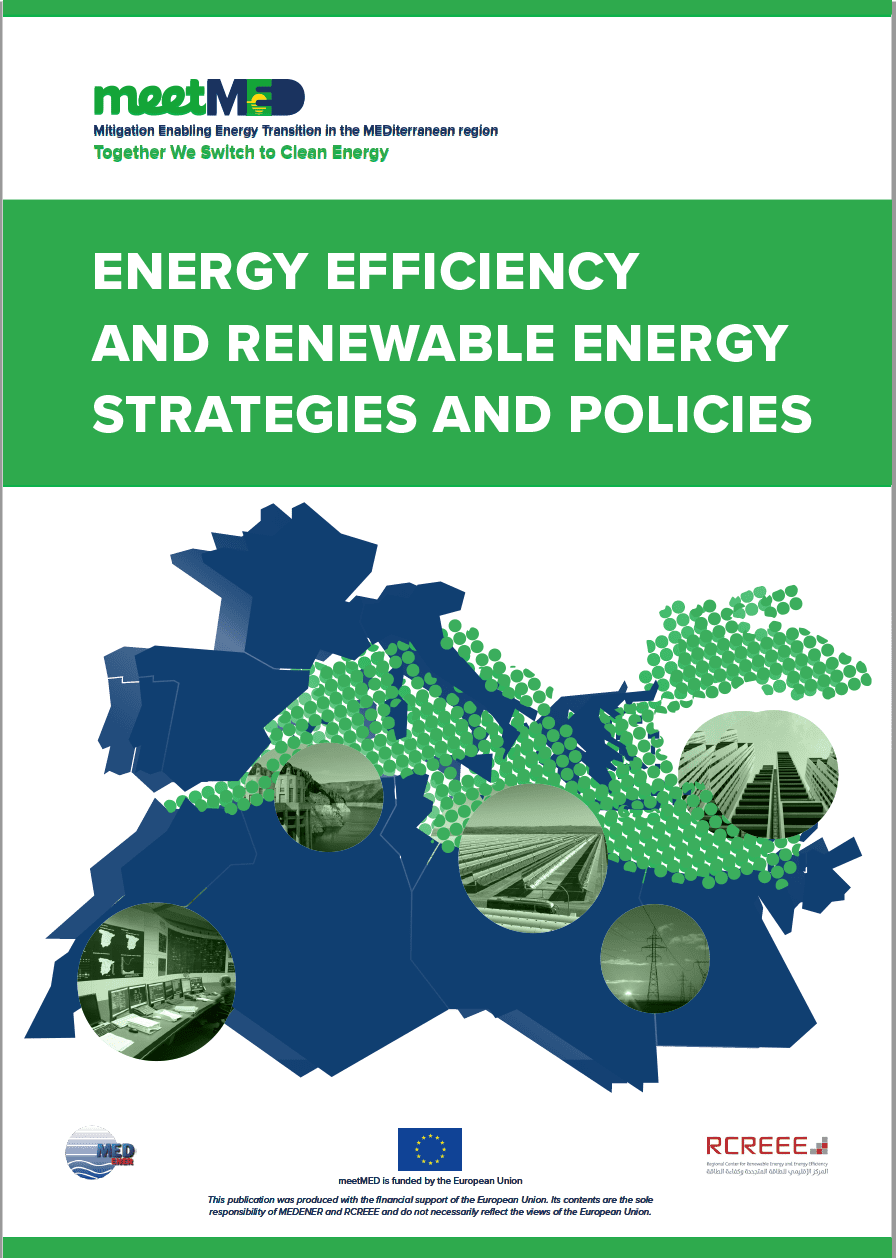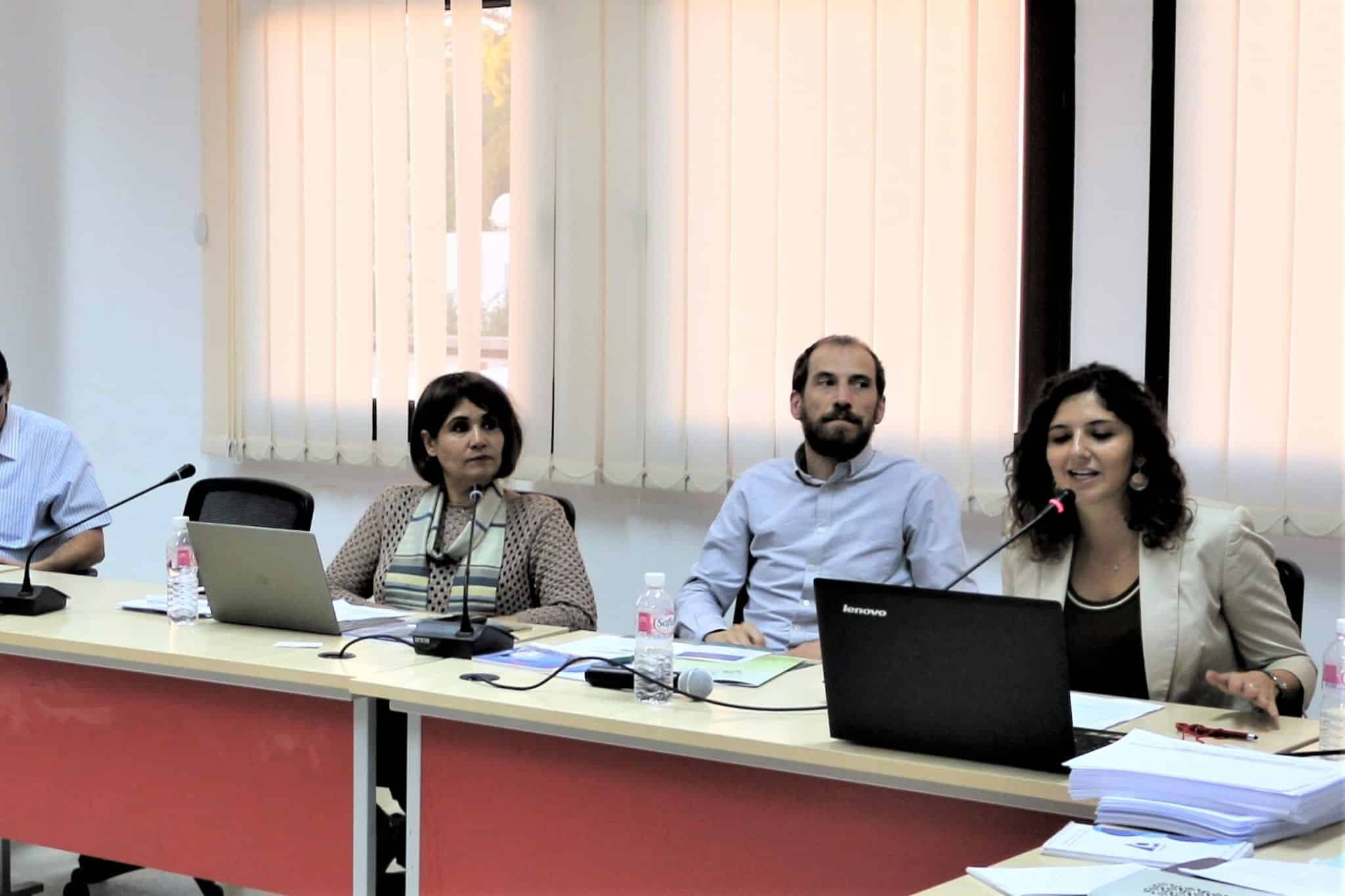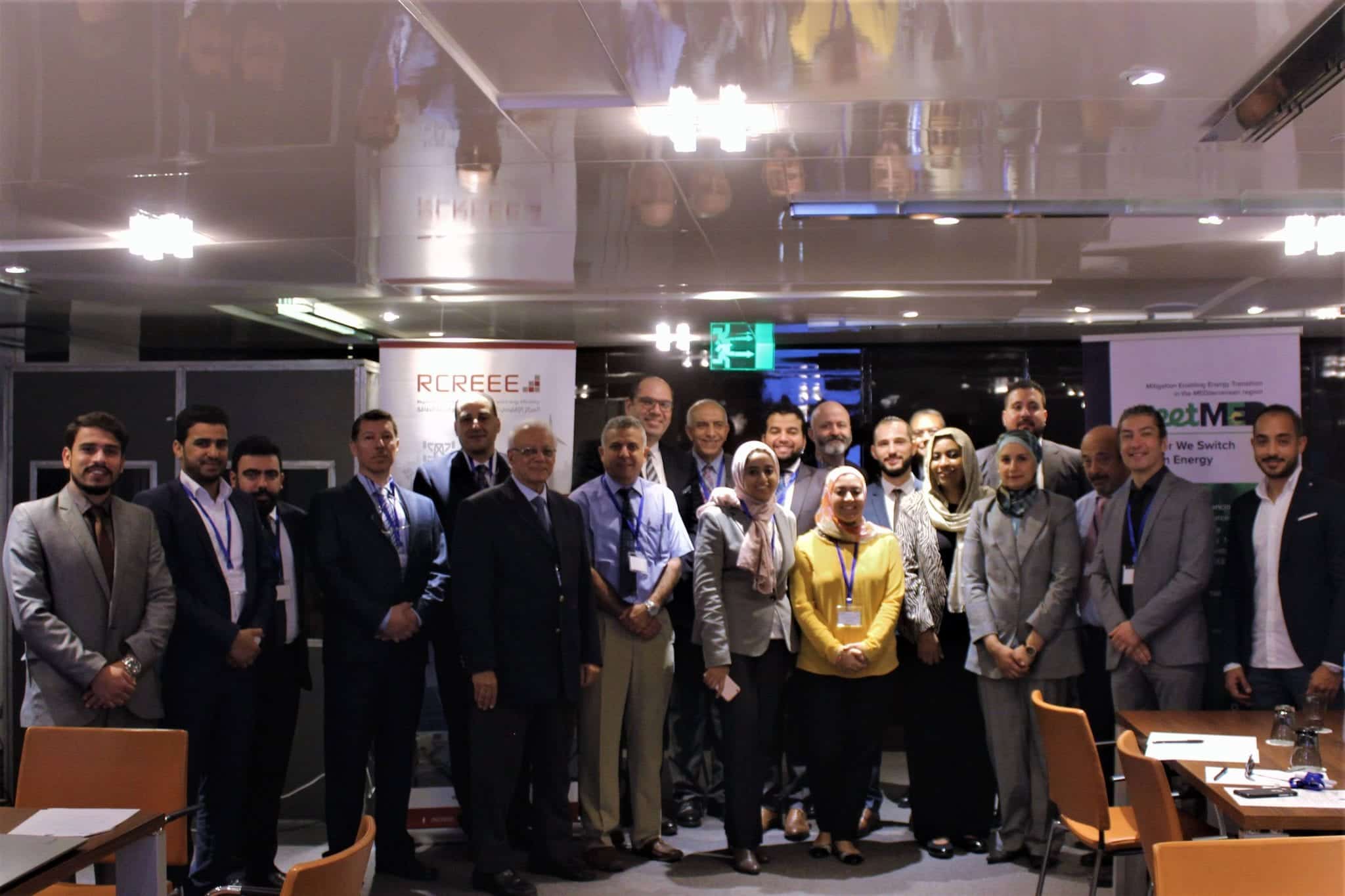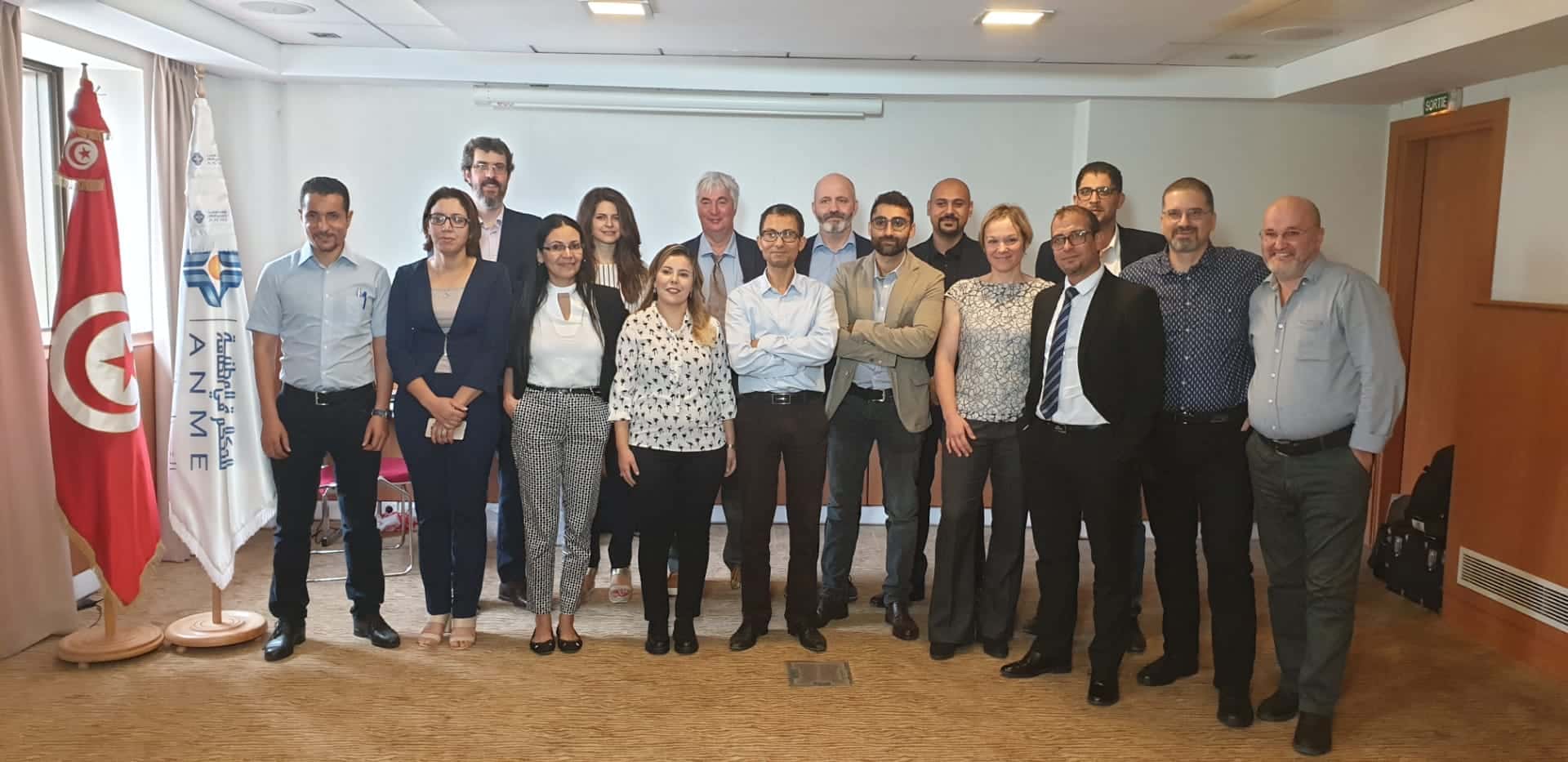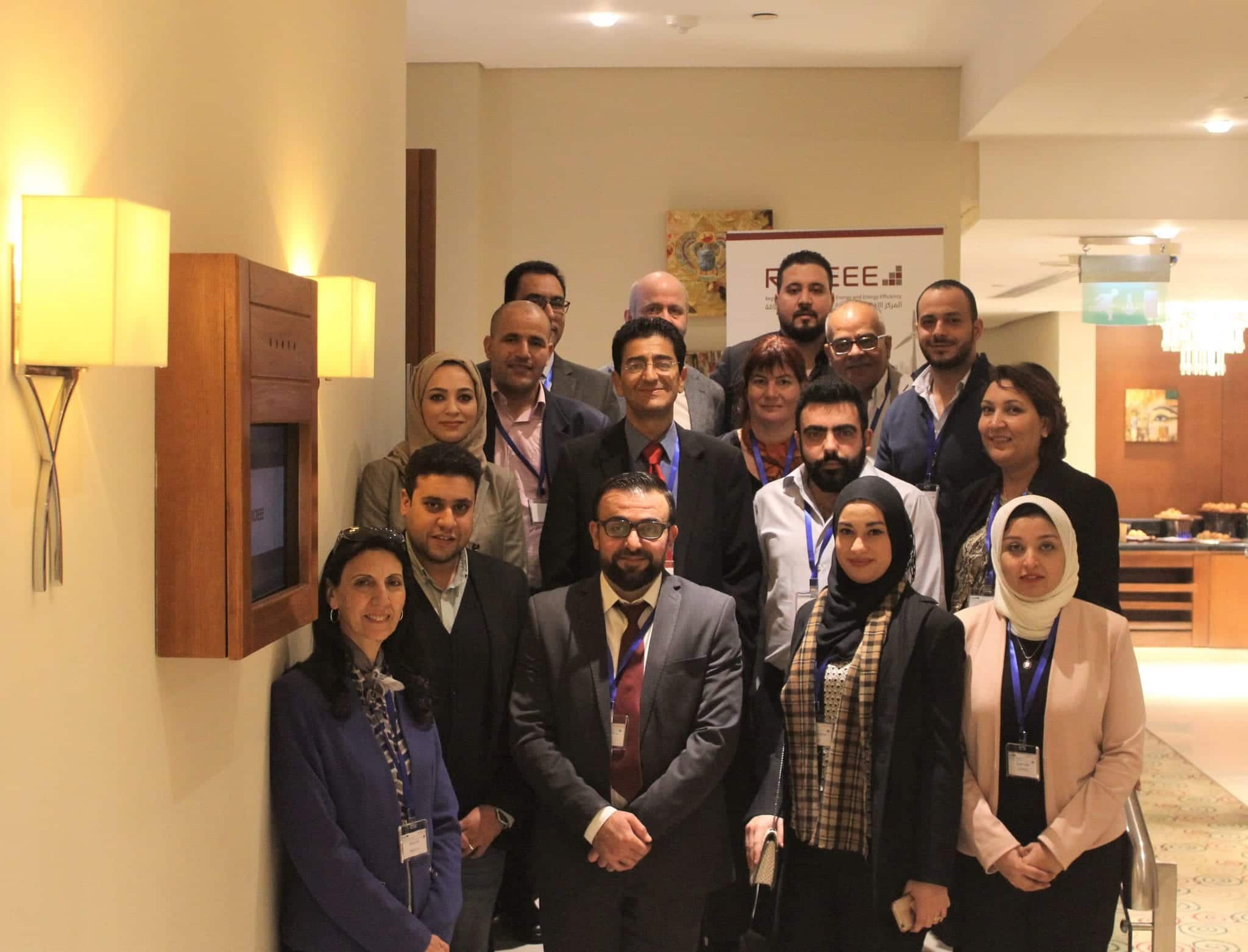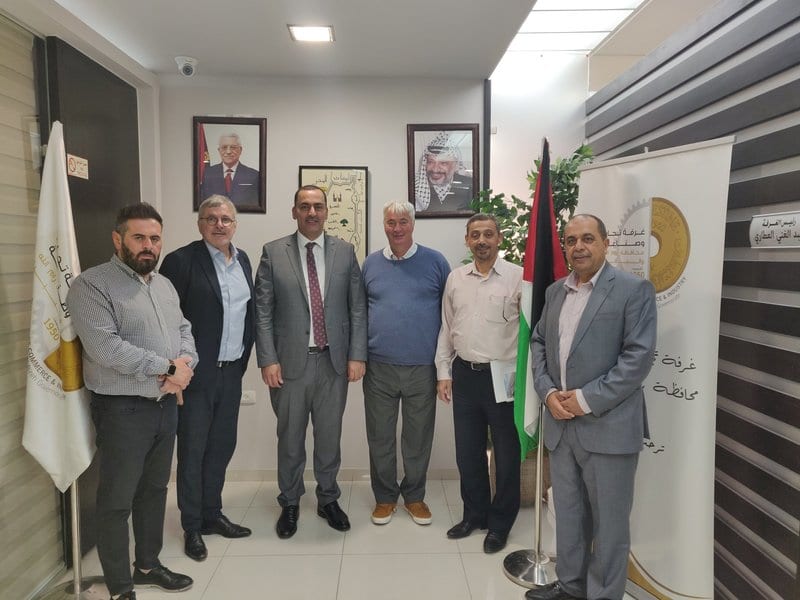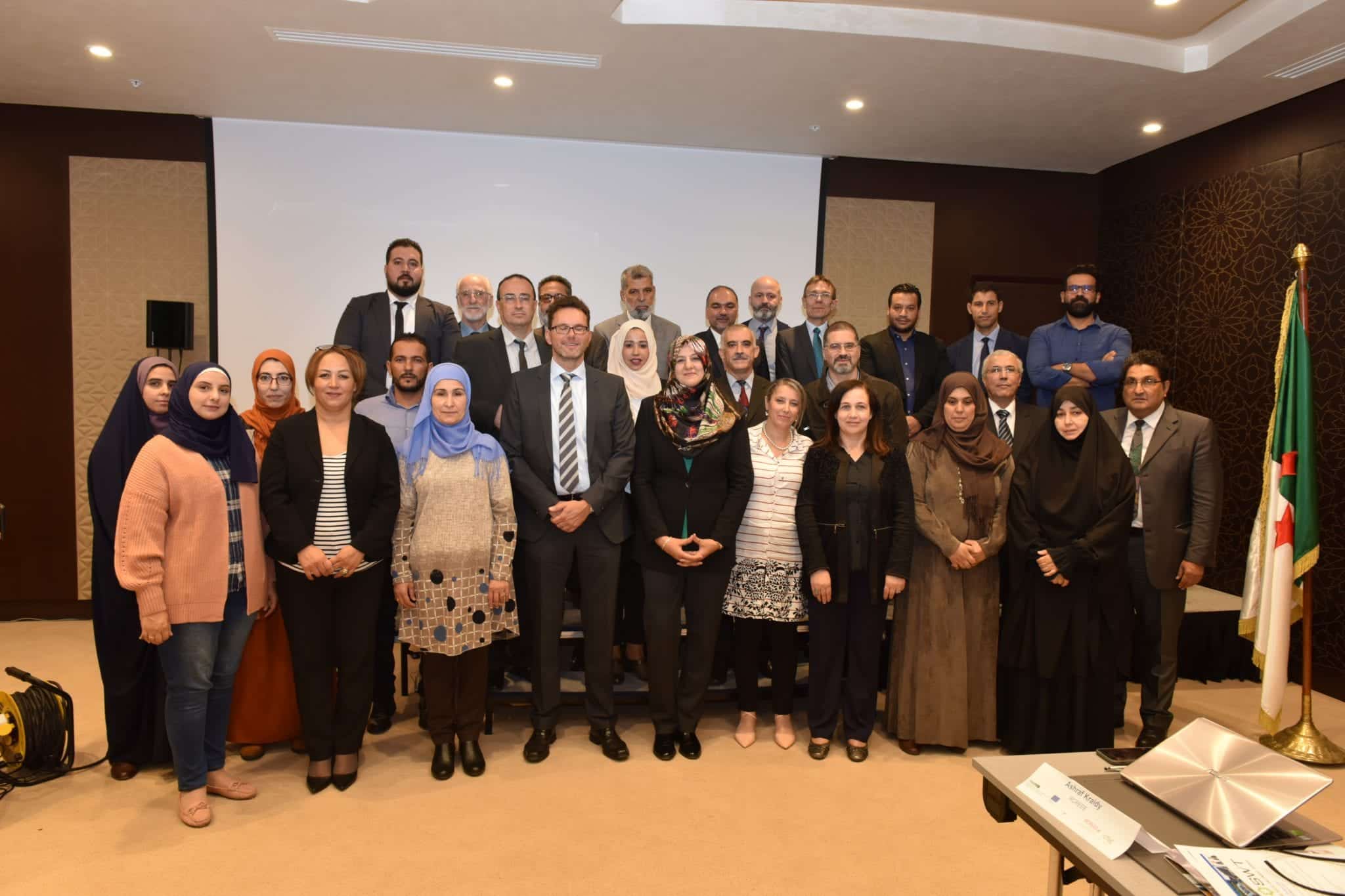Industries and enterprises working on EE and RES in the Southern and Eastern Mediterranean Countries (SEMCs) are growing but currently not structured. Local markets are quite competitive and currently no policies are implemented to support and promote their development neither their synergies. Since they face competition from outside the region and they look for neighboring markets to be adapted to their specificities, structuring EE and RES enterprises in the SEMCs could facilitate the creation of synergies and partnerships that will promote EE and RES in the region.
This sub-regional workshop aims at presenting to the Algerian industries’ representatives and key stakeholders from the Maghreb countries the benefits of the creation of an industrial association for EE and RE at national and regional scale. The main findings of a study conducted on the EE and RE markets in the Maghreb and Mashreq regions will be shared with the participants, who will also have the chance to exchange their experiences relative to similar associations in the region. Finally, participants will explore possible modalities for supporting the creation of industrial associations that will serve, then, as a basis for the creation of a well-structured industrial association.
Co-organized by the French Environment and Energy Management Agency (ADEME) in collaboration with the Regional Centre for Renewable Energy and Energy Efficiency (RCREEE) and the Algerian Agency for Energy Management (APRUE), the Workshop “Mobilizing the Private Sector for the Energy Transition in Algeria and in the Mediterranean Region” will take place on 21 November 2019 in Algiers, Algeria at the presence of relevant stakeholders of the RE and EE sectors in the SEMCs.
The event is by invitation only.


